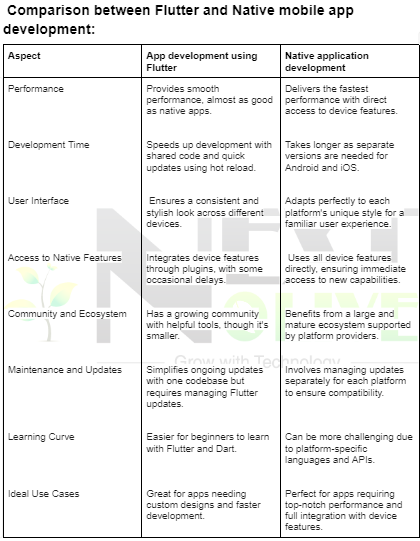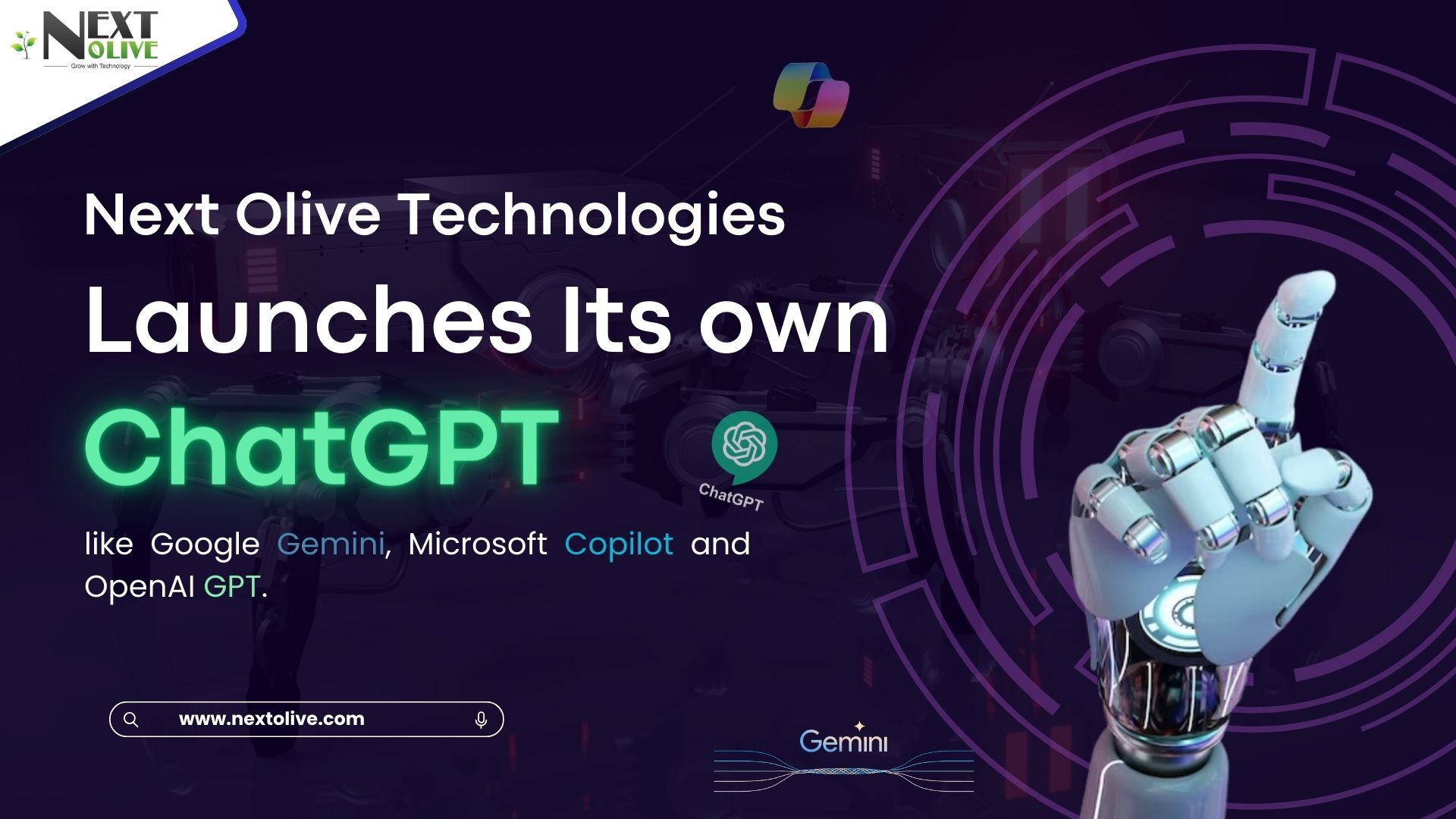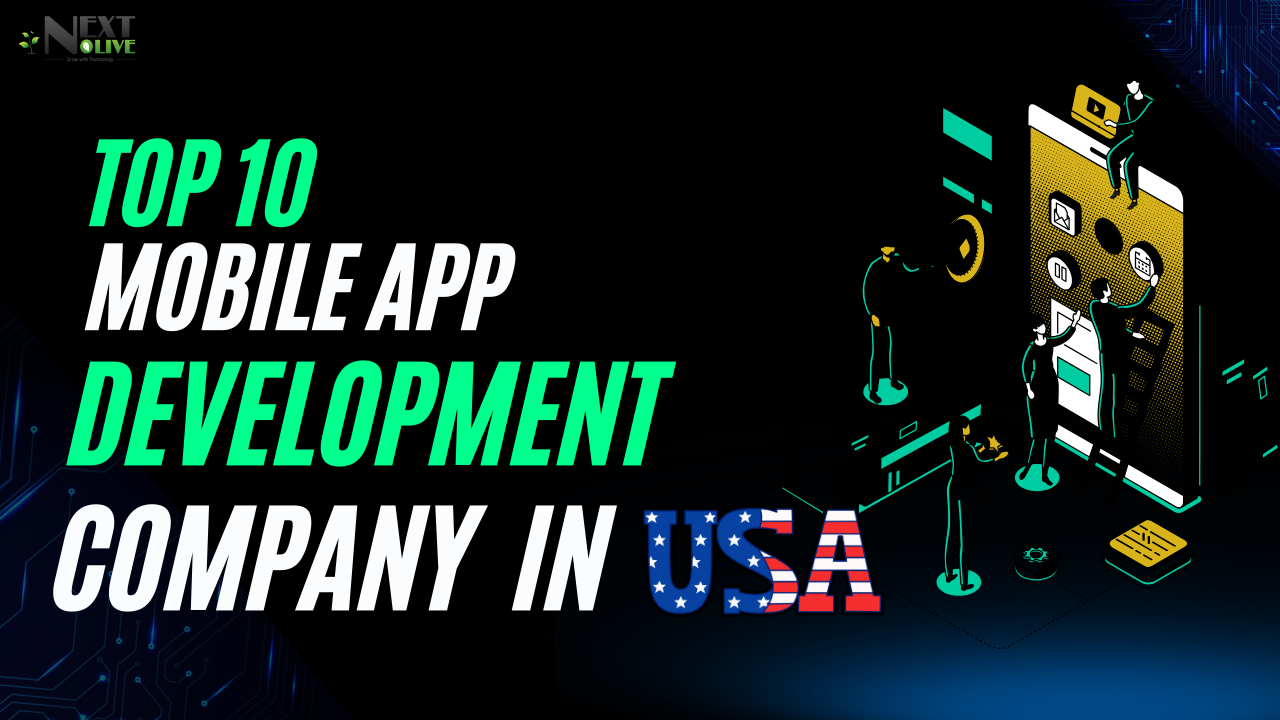Flutter App Development vs Native App Development: Which One is Best?
The choice for your upcoming App Development project between Google Flutter framework and Native app development framework depends on factors like Budget, Planning, and Demand of your business and startups.
Bird eye view of the Flutter Development:
In 2015, Wikipedia says, Flutter was unveiled to an audience at Dart Developer Summit and released in May 2017. The Flutter mobile app achieved a milestone in development with the Flutter language for several convincing reasons. It gives ease to Flutter-flow developers to use a single codebase for both Flutter Android and iOS platforms, and Flutter has the upper hand on the app development lifecycle. One of its "Fast Loading Time", which permits React Native and Flutter developers to instant updates to their app's UI without wasting time on Apps restarting loop. It's a time savior and provides a boost in Human resource workflow in the stage of SDLC.
Understanding and Learning Dart and Flutter: Beginner Guide for Flutter Mobile App Development
Dart Flutter programming is adaptive and can provide customizations for every individual specific needs, making it easier for app developers to build straightforward and effective apps. It assists in drafting unique user interfaces but also gives rapid performance seamlessly across distinct devices. The Flutter user interface framework’s icons library offers a variety of UI components that can be customized for particular app requirements.
Flutter app development shows flexibility, performance, and seamless user experience across all OS platforms. These capabilities make it a preferred choice for Flutter app developers looking to deliver high-quality mobile applications efficiently.
Pros of the Flutter application:
Flutter app development cost:
When developers use a single code base to create Android and Flutter iOS applications, it lowers the overall costs of app development projects. The number one reason for the moving from Native to Flutter is driven by the evolving needs of app developers.
Community Help:
Flutter’s fame is still increasing day by day. According to the Stack Overflow Developer Survey in 2024, there is a growing preference for Flutter among developers, thanks to its modern approach, comprehensive documentation, and ability to streamline the development process while maintaining high-quality output.
Enrich in Multi-Platform:
Mobile developers can develop Android and iOS apps with a single codebase with consistency. It also allows the development of Web and Cloud applications with some extra effort.
Cons of the Flutter application:
Time-Consuming:
Learning Flutter, which uses Dart—a Flutter programming language with flutter coding introduced a few years ago—may initially require developers to invest time in mastering its concepts and syntax.
Limited Platform:
As Flutter supports certain platform-specific features such as Sensors and Bluetooth, its efficiency in utilizing these capabilities may not consistently match that of Native development. Flutter can occasionally lead to limitations in performance or functionality compared to fully native applications customized specifically for Android or Flutter iOS platforms.
Three Examples Of Flutter Development Services Used In Everyday Life: Developed By Next Olive Technologies
NexaGlobal: We developed this digital marketing app that provides a range of services to their clients.
Reward App: The Reward App excels in task management, offering convenient login options via email, Google, Microsoft, and Apple.
Live Ultimates App: Live Ultimates is the best example of E-commerce-app, developed by Next Olive Technologies, this e-commerce platform serves web and app users.
Native App Development:
Native apps are designed to leverage the unique functionalities of specific platforms to deliver apps with great performance. Native development involves the use of platform-specific tools and language. It also depends on the OS (iOS requires a MAC).
For app development, React Native app developers use Java or Kotlin with Android Studio while for iOS development, iOS developers use Swift or Objective C with XCode.
Pros of Native App Development
Feels like real:
Flutter can create applications that resemble native ones in terms of look and feel, Native development often provides a more polished and seamless user experience in terms of aesthetics and functionality.
Simple hardware Embedding:
When Native applications integrate hardware and front end seamlessly, they do so without adding extra layers.
Library Support:
We're all familiar with how Native languages offer rich library support. For instance, Android provides ready-made solutions and pre-written code templates that help developers save time during development.
Challenges of Native App Development:
1. Hidden Development Costs:
Developing Native apps requires hiring separate developers for iOS and Android. Initially focusing on iOS development means later needing to bring on Android developers, which increases overall development costs.
2. Time Consumption:
Building Native apps takes longer because developers write code separately for each platform instead of using a single codebase for Android & iOS.
3. Complexity in Updates:
Maintaining Native apps can be complicated. Since updates and fixes must be applied separately to each platform's codebase, managing changes can be time-intensive and require skilled developers for both Android and iOS platforms.
Some real-world examples of apps built with Native development:
Apps made with React Native:
-
Instagram: Instagram is a fabulous example of a successful native app, with separate codebases for iOS (built with Swift) and Android (built with Java/Kotlin).
-
Business Messaging Web & Mobile App: A Business Messaging app is a successful, developed by Next Olive technologies natively for both iOS and Android platforms.
-
Snapchat: Snapchat is another well-known native app, with its iOS version built in Objective-C/Swift and the Android version in Java/Kotlin.
Flutter mobile application and Native mobile application development: Comparative Analysis
The ideal choice depends on the individual specific business needs and resources. Flutter is a good choice if a client needs to build a cross-platform app for iOS and Android on a single code base. Flutter is a winner. Flutter offers better code reusability than React Native applications since it uses widgets and a unified language for UI and logic. While in React Native, developers are required to write platform-specific code that might cause higher development costs.

Affordable App Development Services at a Glance
Who can take this service | An Individual and any kind of business
We specialize in Flutter app development and Native app development.
WHY CHOOSE US?
Experience: We are a team of 200+ passionate developers, front-end engineers, and testers, who are passionate about delivering high-quality apps that not only meet but exceed user expectations.
Inventiveness: Next Olive Technologies offers expertise in hybrid and Native app development, allowing you to choose the best approach for your project’s specific requirements.
Modernism: We stay ahead of web and mobile app development trends, ensuring your app incorporates the latest technologies and innovations.
Customization: We tailor our services to fit your unique project needs, ensuring your app reflects your vision and brand identity.
Specialize in fields: Whether it's Flutter or Native app development, our team possesses extensive knowledge and experience across iOS, Android, and web platforms. This ensures your app performs exceptionally well and provides a consistent user experience.
Development| Fullstack: For over a decade, we have been performing full-stack development, with 12 years of hands-on experience in web development in frontend and backend development, to ensure your app is robust and cohesive in functionality.
Methodologies: Next Olive technologies follow agile with Scrum methodologies.
Free Post-Launch Support: We are concerned about our client's needs to keep the application bug-free and reliable.
At Next Olive Technologies, we prioritize the security of your app. We make sure to follow industry standards and regulations closely to protect your data and maintain trust with your users.
In Conclusion, deciding between Native and Flutter development services is a crucial step in your mobile app journey. Each approach offers unique strengths and considerations that cater to different project needs, goals, and limitations. Flutter stands out for its ability to work across platforms, its fast development cycle, and its performance that feels native.
It does not matter if you opt for Flutter's versatility across platforms or the specialized capabilities of native development, Next Olive Technologies remains steadfast in our commitment to creating top-notch, user-friendly mobile apps.

.png)


